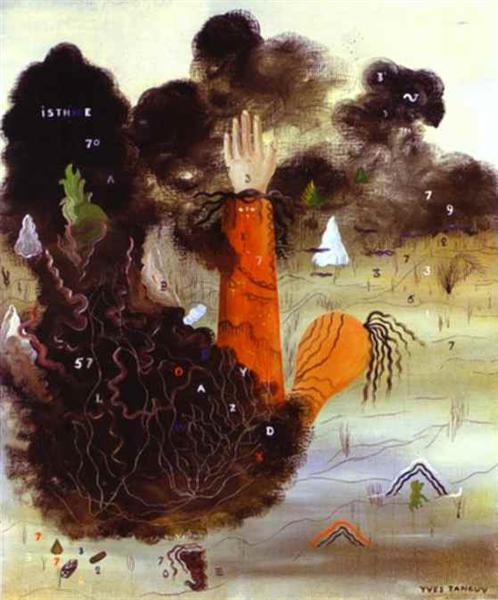RELATIVITY
By:
July 30, 2024
A series dedicated to poems, published c. 1900–1935, the Radium Age sf-adjacent themes of which include: dystopia and utopia, far-out mathematics and the fourth dimension, Afro-futurism, catastrophe, future war, new technologies, scientific breakthrough, dehumanization, cosmic awe, disenchantment and unseen forces, unknowable aliens and singularity. Research and selection by Joshua Glenn; thematic index here.

“The world is such a funny place,”
Remarked a topsy-turvy Ace,
A-sliding down a curve in space,
“But from this angle I can see
No gently sloping theory,
I am inclined toward gravity.
And even Einstein would compute
That time and space are both acute
When dropping in a parachute.”
— I encountered this poem in Poems for a Machine Age (1941, selected and edited by Horace J. McNeil of Brooklyn Technical High School). It was published in The Literary Digest (Volume 101, 1929), though I don’t know if that’s the first publication. I assume not, since probably the Digest reprinted it? I don’t spot it in her 1929 collection The Hermit Thrush, nor her 1927 collection The Evergreen Tree.
RADIUM AGE PROTO-SF POETRY: Stephen Spender’s THE PYLONS | George Sterling’s THE TESTIMONY OF THE SUNS | Archibald MacLeish’s EINSTEIN | Thomas Thornely’s THE ATOM | C.S. Lewis’s DYMER | Stephen Vincent Benét’s METROPOLITAN NIGHTMARE | Robert Frost’s FIRE AND ICE | Aldous Huxley’s FIFTH PHILOSOPHER’S SONG | Sara Teasdale’s “THERE WILL COME SOFT RAINS” | Edith Södergran’s ON FOOT I HAD TO… | Robert Graves’s WELSH INCIDENT | Nancy Cunard’s ZEPPELINS | D.H. Lawrence’s WELLSIAN FUTURES | & many more.
